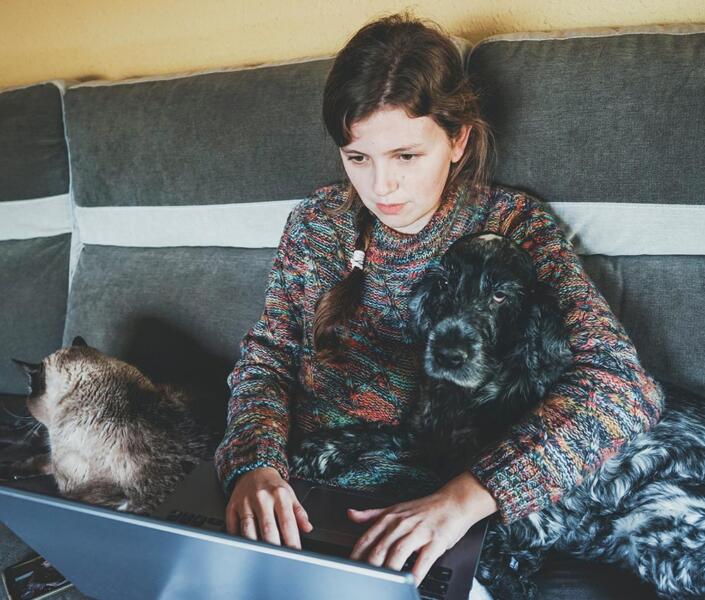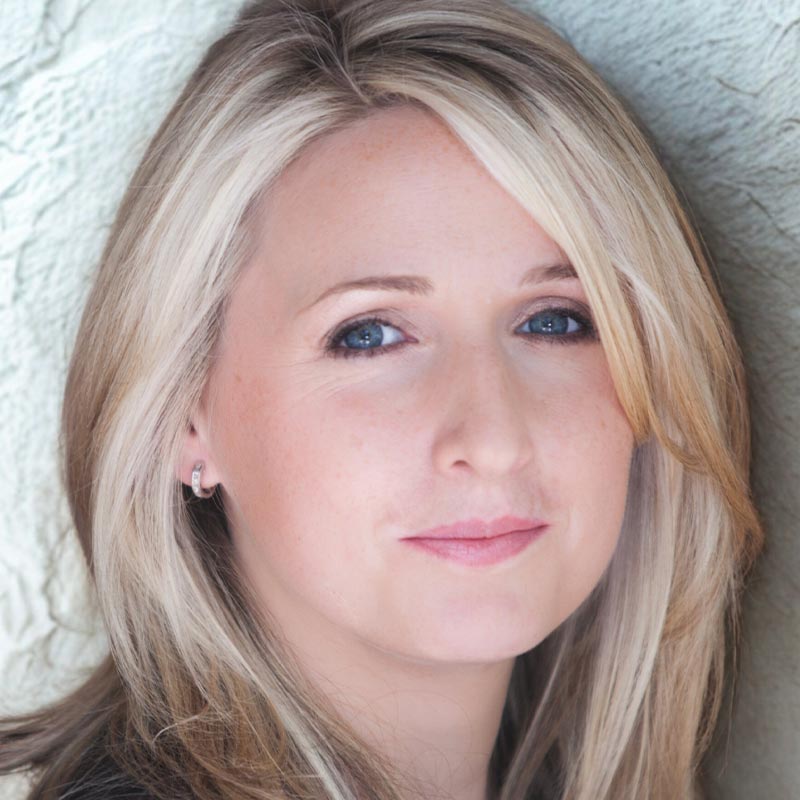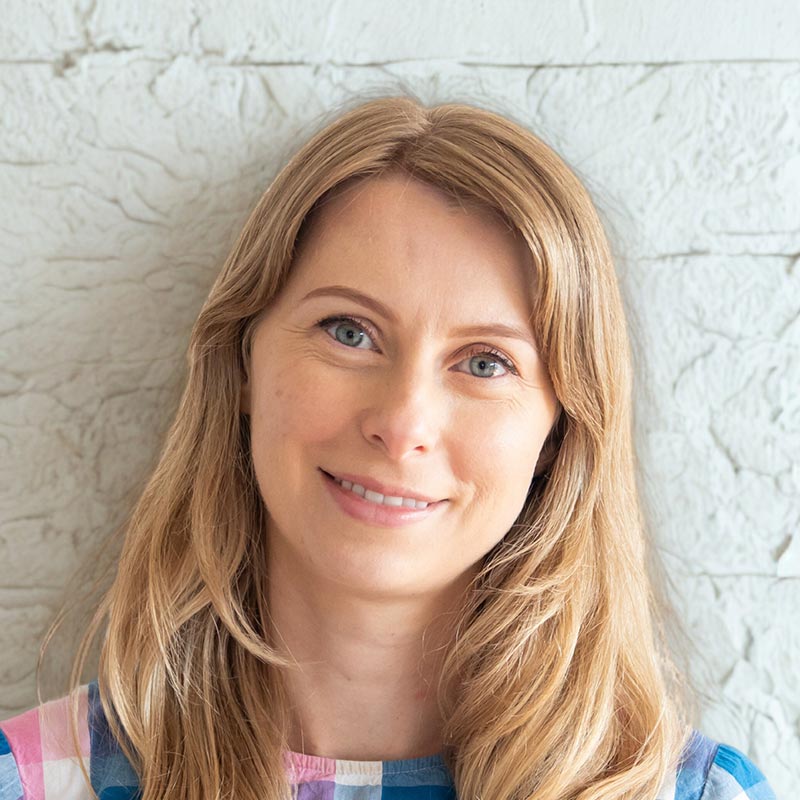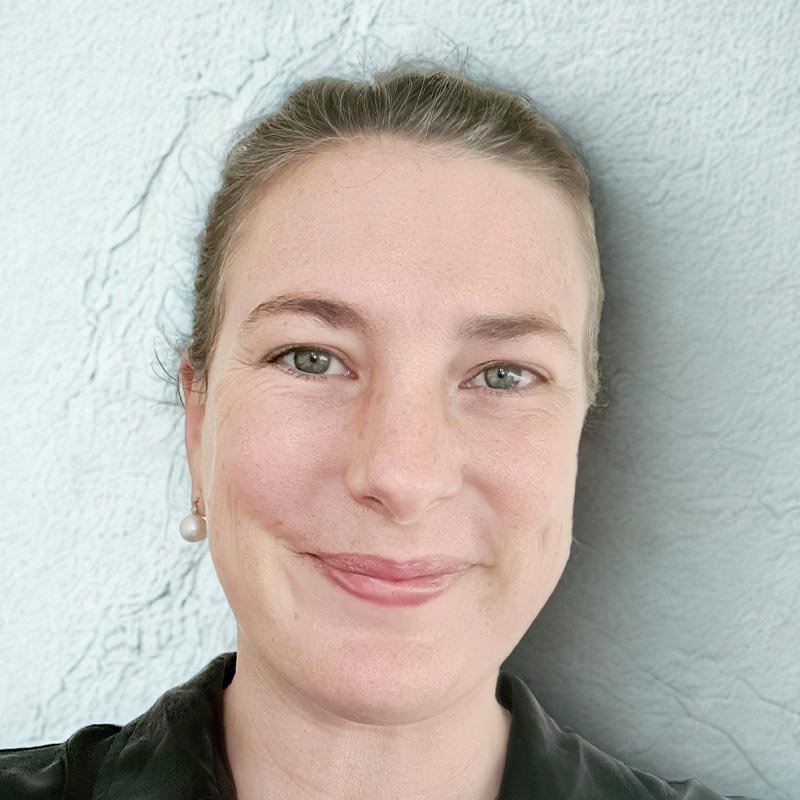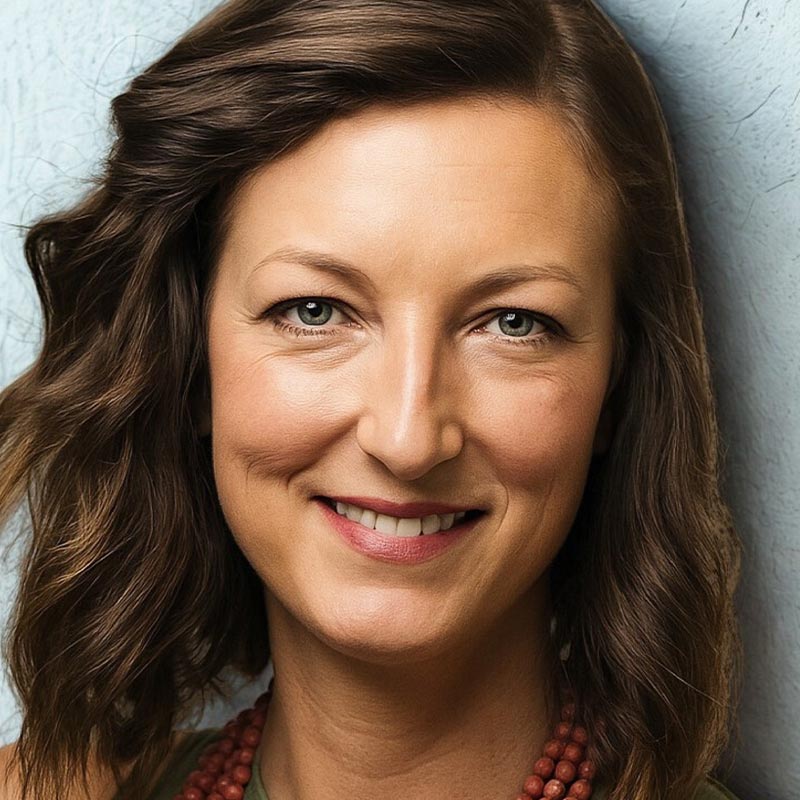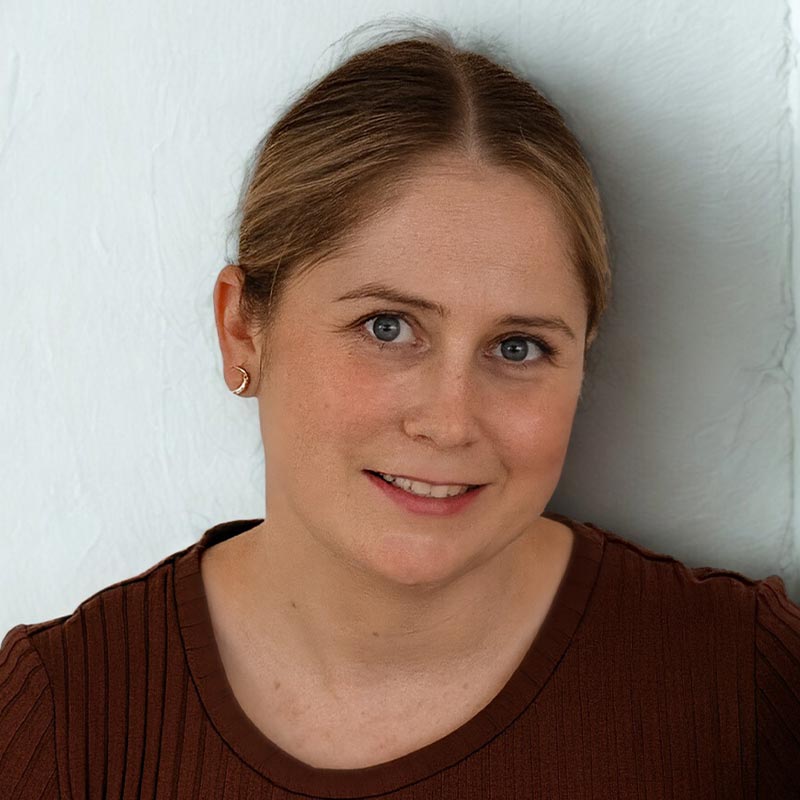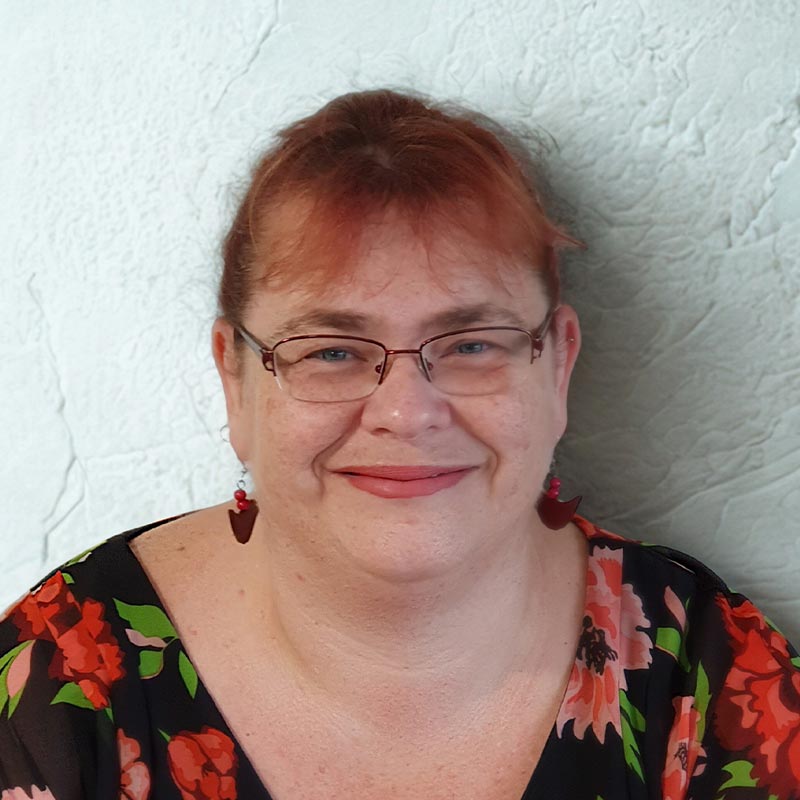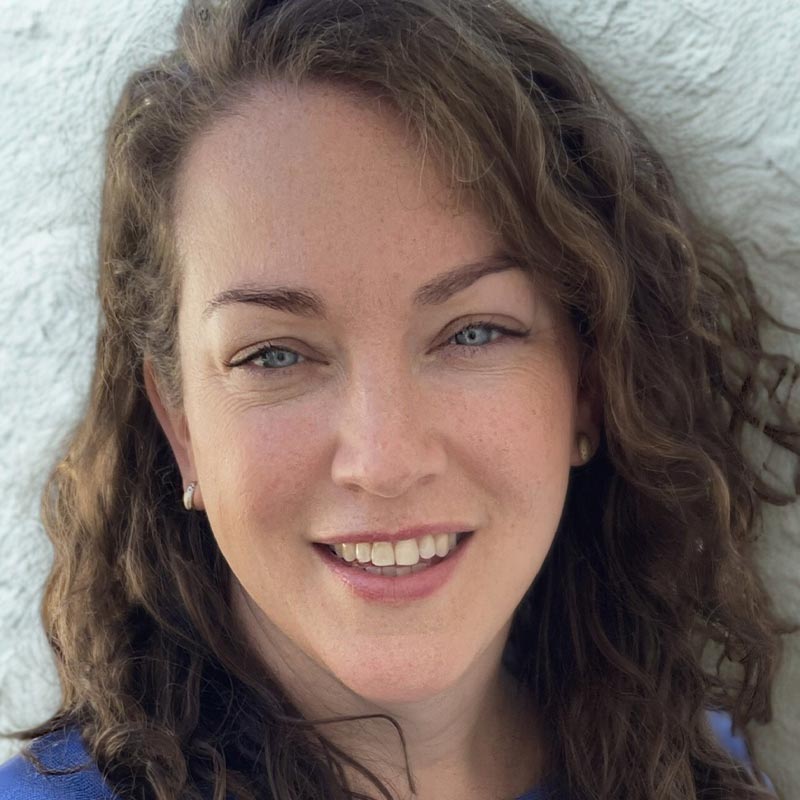Understanding parenting stress and burnout
Ongoing demands, sleep disruption, behavioural challenges and competing work responsibilities can contribute to significant stress. Parenting stress support helps parents understand their emotional responses, identify triggers and develop realistic coping strategies.
For those experiencing emotional exhaustion or feeling disconnected from their parenting role, parent burnout counselling provides structured support. Therapy focuses on restoring emotional balance, strengthening boundaries and rebuilding a sense of competence and enjoyment in parenting.
Trauma informed parenting therapy in Geelong
Parents who have experienced trauma themselves may notice that certain parenting situations trigger strong emotional reactions. Trauma informed parenting therapy supports parents to understand how past experiences can influence current responses, while building skills for regulation and connection.
Our parental counselling approach emphasises safety, reflection and practical tools that strengthen attachment and positive communication within the family.
At Happy Minds Psychology, parental counselling services are collaborative and strengths-based. Sessions may focus on:
- Managing challenging behaviours
- Improving parent-child communication
- Strengthening emotional regulation
- Supporting children through transitions
Appointments are available in Geelong and via telehealth Australia-wide, ensuring accessible support for families.
Parenting support available via telehealth
Telehealth sessions provide you with private, convienient access to parental counselling, allowing you to engage in therapy from the comfort of your own home. Plus, online appointments reduce logistical challenges such as childcare and travel, ensuring parent burnout counselling is accessible.
If you are seeking professional parental counselling in Geelong or via telehealth, Happy Minds Psychology is hereto provide steady, compassionate guidance. We also offer support in related areas including perimenopause and sexual health & intimacy, recognising that parenting often intersects with broader life transitions and relationship changes.
Contact Happy Minds Psychology today to book an appointment and access supportive, evidence-based guidance for you and your family.
Contact Us
